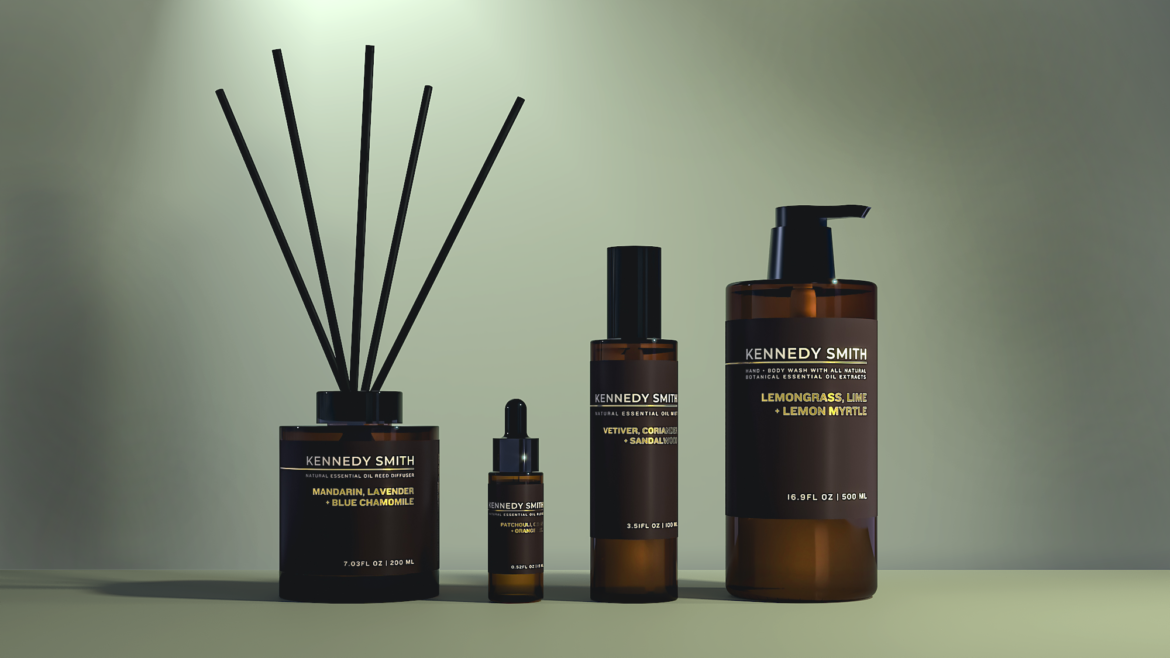Myrtle, a plant native to the Mediterranean region, has been cherished for centuries for its medicinal and aromatic properties. In skincare, Myrtle body oil stands out as a natural elixir, offering a host of benefits that cater to modern beauty needs. As more people gravitate towards natural skincare solutions, Myrtle body oil has gained popularity for its effectiveness and gentle nature on the skin. This article explores the origins of Myrtle body oil, its nutritional and therapeutic properties, and practical tips on incorporating it into your skincare routine.
What Is Myrtle Body Oil?
Origin Of Myrtle Body Oil
Myrtle body oil is derived from the leaves and sometimes the berries of the Myrtle plant (Myrtus communis). This evergreen shrub belongs to the Myrtaceae family and is known for its small, aromatic leaves and white or pink flowers. The oil is typically extracted through steam distillation, which preserves its natural compounds and therapeutic properties. Originating from the Mediterranean region, Myrtle has been used since ancient times in traditional medicine and skincare practices.
Extraction Methods And Types Of Myrtle Used
The extraction of Myrtle oil involves carefully steam-distilling the leaves and twigs of the Myrtle plant. This process ensures that the oil retains its beneficial compounds, including cineole, myrtenol, and pinene, among others. Different types of Myrtle, such as Myrtus communis (Common Myrtle) and Myrtus nivellei (Saharan Myrtle), may be used for their specific properties and geographic origins. Each type offers unique benefits that contribute to the oil’s overall therapeutic value in skincare.
Nutritional And Therapeutic Properties
Myrtle body oil boasts a rich profile of nutrients and therapeutic properties that make it a valuable addition to skincare routines.
Antioxidant Properties And Their Benefits For Skin Health
Antioxidants are essential in skincare for their ability to combat free radicals, which contribute to premature aging and skin damage. Myrtle oil is particularly rich in antioxidants like vitamin E, which helps protect the skin from environmental stressors and promotes a youthful appearance. Regular use of Myrtle body oil can contribute to a healthier complexion by supporting skin cell regeneration and collagen production.
Essential Nutrients Found In Myrtle Body Oil
In addition to antioxidants, Myrtle body oil contains essential nutrients such as vitamin A, vitamin C, and minerals like potassium and calcium. These nutrients play crucial roles in maintaining skin elasticity, hydration, and overall health. Vitamin A, for example, supports skin cell turnover and helps prevent clogged pores, making Myrtle oil beneficial for both dry and acne-prone skin types. The presence of vitamin C enhances the oil’s brightening effects and promotes an even skin tone, contributing to a radiant complexion.
Benefits Of Using Myrtle Body Oil
Myrtle body oil offers a range of benefits that address common skincare concerns, making it a versatile choice for beauty enthusiasts.
Moisturizing And Hydrating Properties For Dry Skin
Dry skin can benefit significantly from Myrtle body oil moisturizing properties. The oil helps lock in moisture without clogging pores, making it suitable for daily use. Its lightweight texture absorbs quickly into the skin, leaving it feeling soft and supple. Regular application of Myrtle oil can help relieve dryness, especially in areas prone to rough patches like elbows and knees.
Anti-Inflammatory Effects And Soothing Benefits For Sensitive Skin
Sensitive skin types can benefit from Myrtle body oil’s gentle, anti-inflammatory properties. The oil helps calm irritation and redness, making it suitable for individuals with conditions like eczema or rosacea. Its soothing effects can alleviate discomfort and promote skin healing, making it a natural choice for those looking to reduce skin sensitivity and maintain a balanced complexion.
Safety And Precautions
While Myrtle body oil offers numerous skincare benefits, it’s essential to consider potential allergies or sensitivities before incorporating it into your routine.
Potential Allergies Or Sensitivities To Myrtle Oil
Individuals with allergies to Myrtaceae family plants, such as eucalyptus or tea tree, may also be sensitive to Myrtle oil. Perform a patch test on a small area of skin before using the oil more extensively. If irritation occurs, discontinue use and consult a dermatologist for alternative skincare options.
Patch Testing And Consulting With A Dermatologist
Before using Myrtle body oil for the first time, conduct a patch test by applying a small amount to your inner forearm or behind your ear. Monitor the area for 24 hours for any signs of redness, itching, or irritation. If no adverse reactions occur, you can safely incorporate Myrtle oil into your skincare routine. For individuals with existing skin conditions or concerns, consulting with a dermatologist is recommended to ensure compatibility with your skincare regimen.
Conclusion:
Myrtle body oil is a natural elixir that offers a multitude of benefits for skin health and beauty. From its antioxidant-rich properties to its moisturizing and soothing effects, Myrtle oil is a versatile addition to any skincare routine. Whether you’re looking to enhance hydration, reduce inflammation, or promote overall skin radiance, Myrtle body oil provides a gentle and effective solution. Embrace the power of nature in your skincare journey and discover the transformative benefits of Myrtle body oil for a healthier, more radiant complexion.




